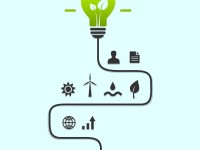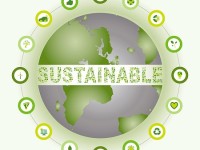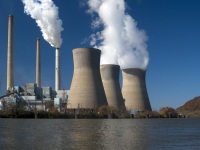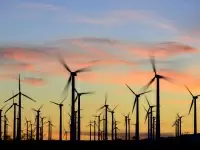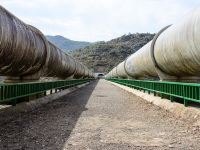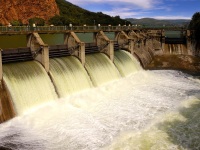What is Conservation? Defining Conservationism We define conservation as a broad approach to preserving what is already there and the due care and attention to protecting it for the future (1). It is also dedicated to restoring something to a natural state and maintaining equilibrium. It is a practice and a philosophy, utilizing scientific tools…
Read more
Conservation: History and Future



